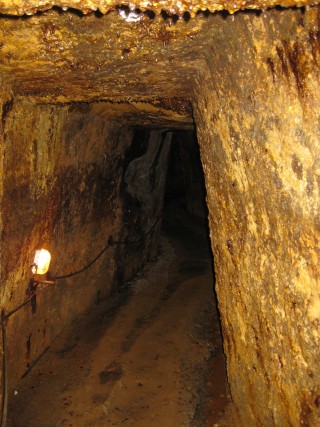Zambian authorities have disclosed that the state-owned investment arm will run mines as an operator rather than a minority investor in future investments, as the government seeks a more active role in mining assets it holds.
ZCCM-Investment Holding (ZCCM-IH), which is controlled by Industrial Development Corporation (IDC), is Zambia’s mining investment arm. It owns minority shares in mines including First Quantum Mines, Kansanshi Mine and Glencore’s Mopani Copper Mines. Its highest stake is in Konkola Copper Mines (KCM) where it has 20.6 percent while Vedanta Resources owns 79.4 percent.
According to Mateyo Kaluba, chief executive of IDC, ZCCM-IH should seek its own mines, do explorations and develop mining operations. This will give the company higher stakes in future mining ventures.
“We are not averse to them getting into partnerships but those partnerships must be balanced. Most of the partnerships that ZCCM-IH has right now are not balanced because the stakes are very small minorities,” Kaluba said.
ZCCM-IH recently began its exploration efforts and has commissioned new mines in gold and manganese. Kabundi Resources, which is owned by the investment arm has started its first phase of mining with a target output of 240,000 tonnes of manganese ore annually, once commercial production is achieved.
The mining sector contributes over 10 percent to Zambia’s economy, and is also the nation’s largest foreign exchange earner. However, in 2019, Zambia’s copper sector which dominates the country’s export economy, saw production drop in 2019 to around 750,000 metric tonnes from 857,847 mt in 2018, despite a generally favorable market outlook.
This plunge was as a result of mining taxes introduced by the government. In September last year, Zambia implemented a 1.5 percentage-point increase in minerals royalty taxes, with current tax rates ranging from 4-6 percent in relation to the copper price.
A lack of transparency and accountability regarding revenue management, little or no consistency surrounding fiscal policy, and lack of support for diversifying the economy have also put a strain on the sector.
The future of Zambia’s mining industry depends largely on increased production, removal of tax levies and reduction in export duty, experts say, as this will help generate more revenue and encourage foreign direct investment.








